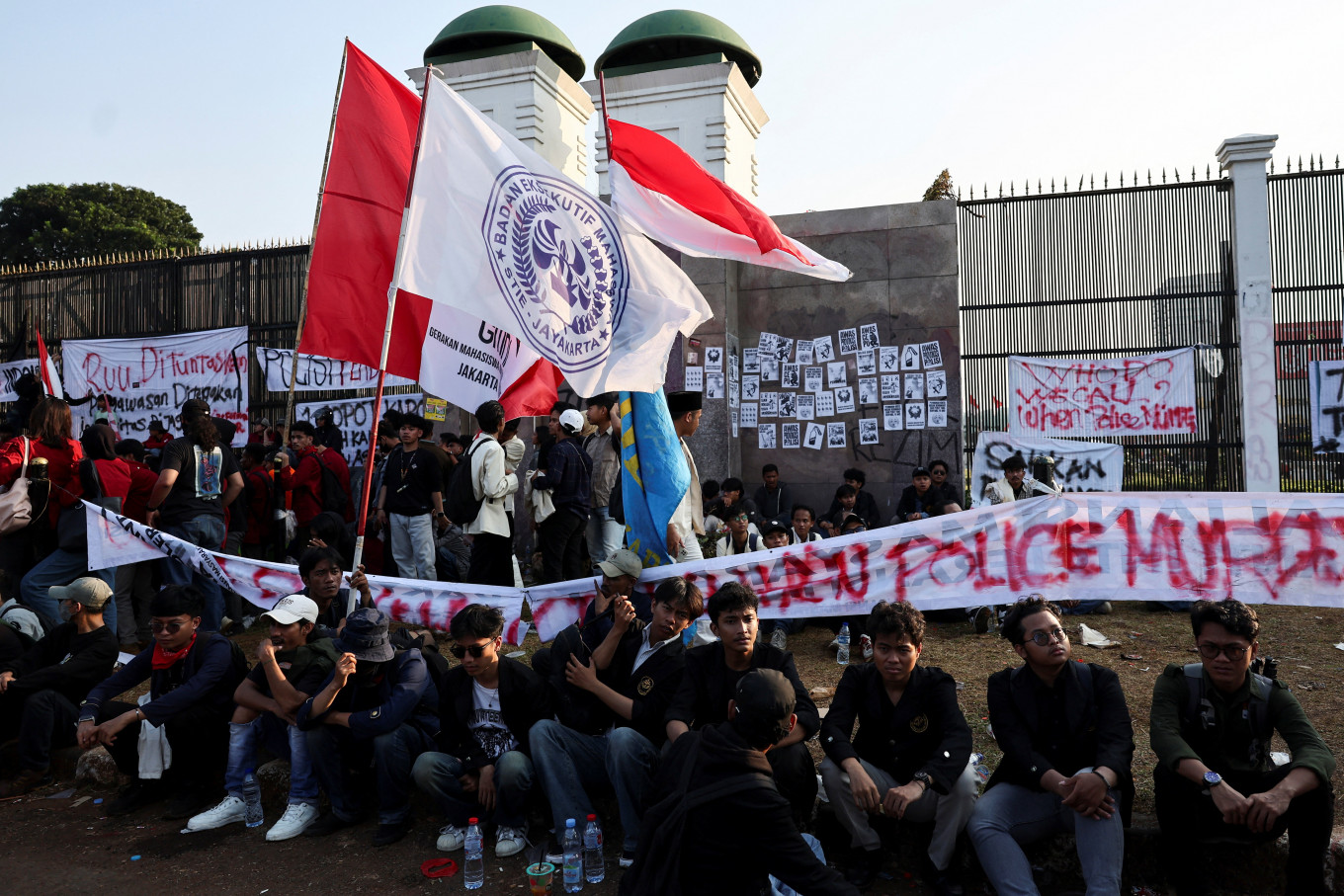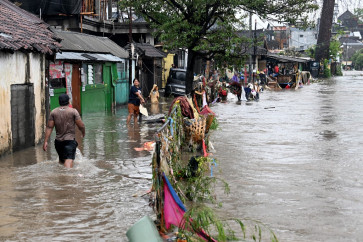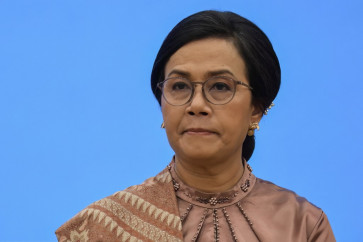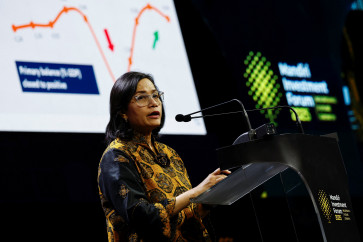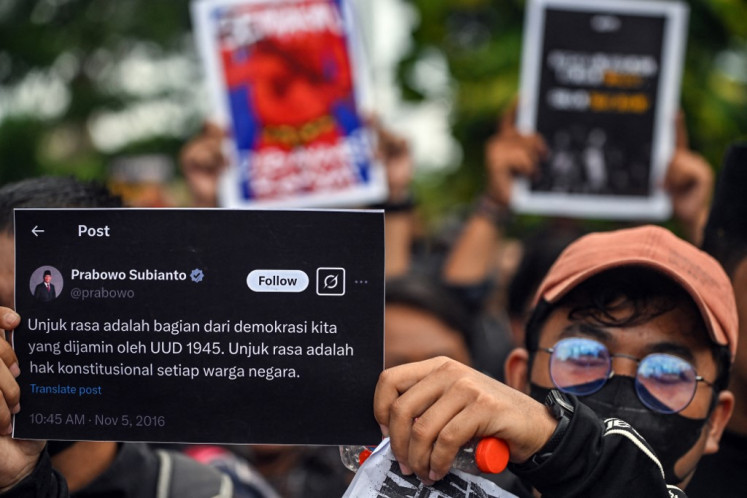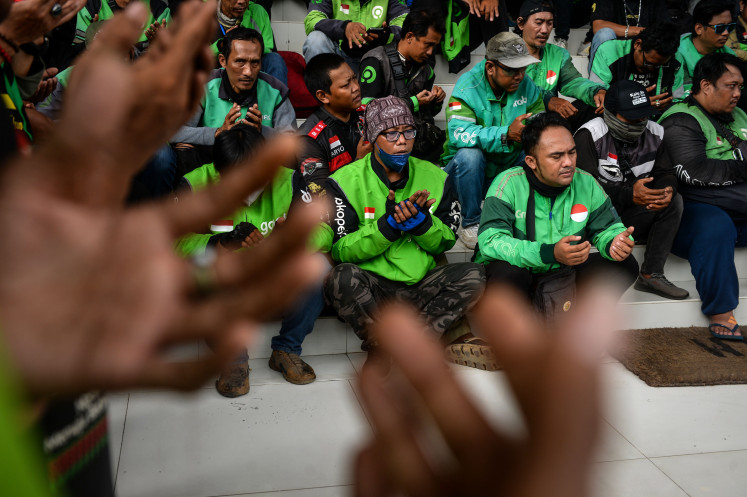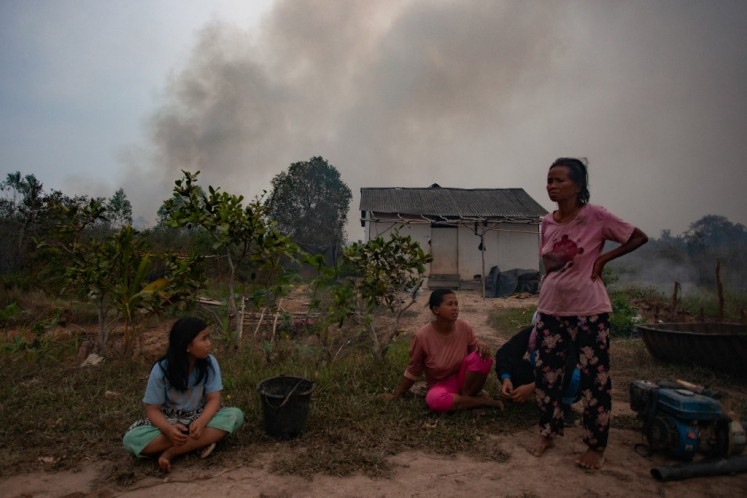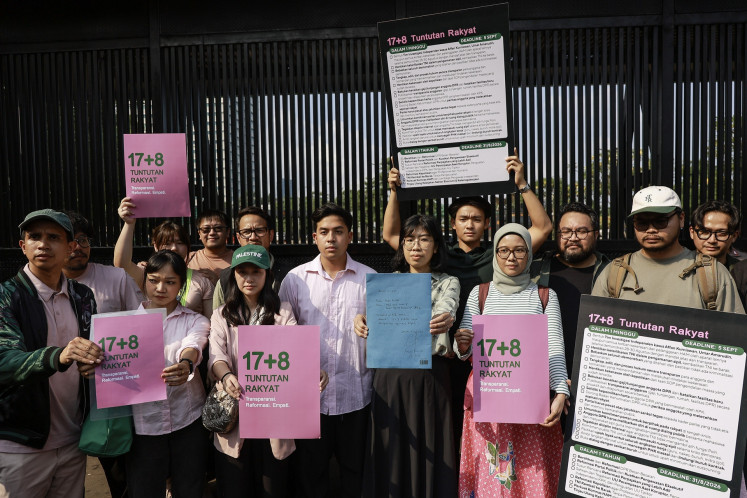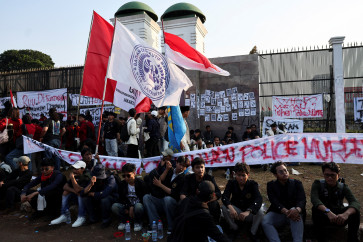Popular Reads
Top Results
Can't find what you're looking for?
View all search resultsPopular Reads
Top Results
Can't find what you're looking for?
View all search resultsMass protests and the paradox of ‘gotong royong’ democracy
Indonesia experiences cartelization due to the president's promiscuous power-sharing, elite collusion to secure state access and the weakening of meaningful opposition.
Change text size
Gift Premium Articles
to Anyone
W
hen thousands of people took to streets in recent weeks, the immediate question was what exactly was driving this wave of protests? The policies at stake were important, but the scale and intensity of the demonstrations suggested something deeper.
These were not merely issue-based rallies. They were an eruption of frustration at a political system that promises unity but delivers silence, that invites all parties to the table but leaves ordinary citizens unheard.
This paradox emerges at a striking moment. President Prabowo Subianto has pledged to govern under the banner of gotong royong, a concept rooted in Indonesia’s cultural heritage of cooperation and mutual assistance, democracy. In theory, nothing could be more reassuring.
After years of polarization and democratic uncertainty, who would object to unity? And yet, just as the rhetoric of gotong royong gains prominence, mass protests fill the streets.
Why does a promise of unity spark dissent? Why does an inclusive coalition produce exclusion on the ground? This is the paradox of gotong royong democracy in today’s Indonesia.
The paradox is not entirely new. In 1959, then-president Sukarno dissolved the Constituent Assembly and proclaimed gotong royong democracy. He argued that Indonesia’s fractious party system threatened national unity and needed to be replaced with cooperation. The logic was seductive: Division weakens, unity strengthens.
But in practice, Sukarno’s gotong royong morphed into Guided Democracy, where opposition was suppressed and ultimate power concentrated in the presidency to the extent of declaring Sukarno the president for life. What was framed as cooperation turned into domination. Instead of strengthening democracy, unity suffocated it.

